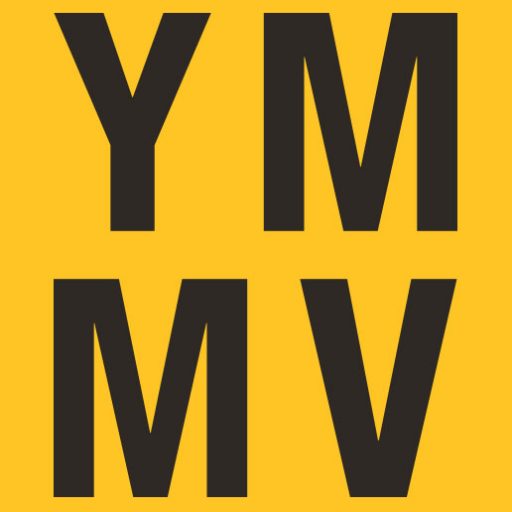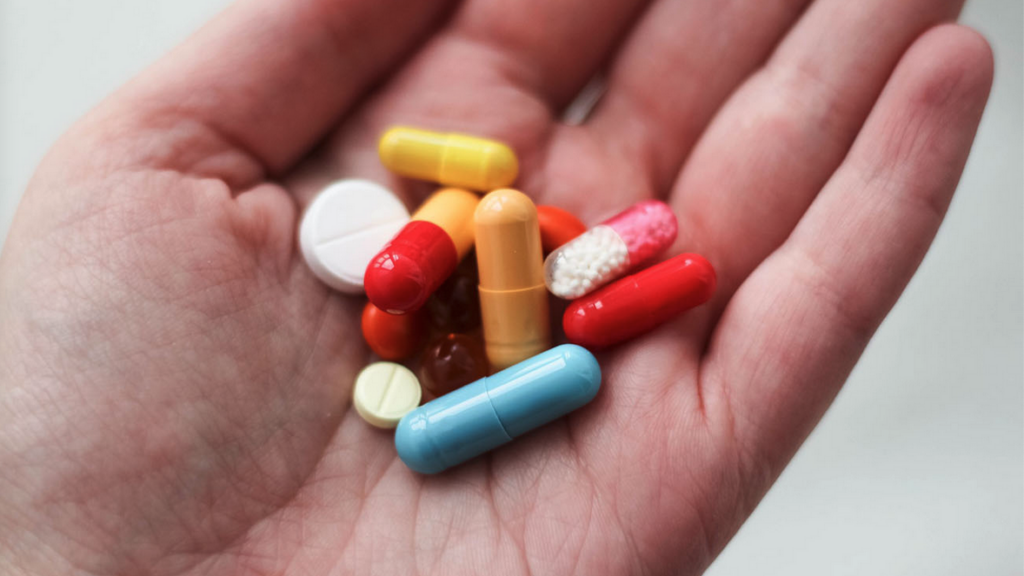Practically all of us have done it at one point or another.
- Your aunt knows you’re going to the UK and asks you to buy co-codamol (paracetamol [we call it Tylenol] and codeine) over the counter in the UK, and bring it home to her.
- You wind up with a horrible toothache while in India and are given Crocin Advance Tablets for the pain. You’ve only used up 1/3 of the package before you go home, so you bring it with you.
- You develop a cough in France and the pharmacist gives you a cough suppressant with codeine. You don’t speak French and she doesn’t speak much English. “Big spoon,” she says to you as your dosage. You don’t finish the bottle, so you bring it home with you (this really did happen to me, back in the mid-90s, when I wound up with bronchitis in Paris)
The meds were 100% legal in their country of origin but, for varying reasons, are not allowed to be sold in the U.S. Can you bring them into the country legally?
The Food & Drug Administration (FDA) has an entire page devoted to this question. Whether or not you can bring such medications into the U.S. depends on whether you’re a U.S. citizen or a foreign national who happens to be living in the U.S. We’ll assume that you, dear reader, are a U.S. citizen. (if you’re a foreign national, refer to that section of the FDA’s page)
What is personal importation?
A personal importation is a product not for further sale or distribution into U.S. commerce. Please refer to the FDA’s Regulatory Procedures Manual (RPM) Chapter 9-2 for more information on “Coverage of Personal Importations”.
Can I purchase or bring drug or device products from a foreign country to the U.S.?
U.S. Citizens:
In most circumstances, it is illegal for individuals to import drugs or devices into the U.S. for personal use because these products purchased from other countries often have not been approved by the FDA for use and sale in the U.S. If a drug is approved for use in another country but is an unapproved new drug in the U.S. it is illegal to import.
The FDA cannot ensure the safety and effectiveness of medicine purchased over the Internet from foreign sources, storefront businesses that offer to buy foreign medicine for you, or during trips outside the U.S. For these reasons, the FDA recommends only obtaining medicines from legal sources in the U.S.
Are there any circumstances when I could purchase or bring an unapproved drug or device into the U.S.?
The FDA has guidance for personal importation of drug or device products. Below provides information regarding situations for which this might be allowed:
- Product is not for treatment of a serious condition and there is no known significant health risk (Over the Counter, OTC); or
- Product is for the treatment of a serious condition ( Prescription Drug Products):
- The product is for a serious condition for which effective treatment may not be available domestically either through commercial or clinical means.
- There is no known commercialization or promotion of the product to persons residing in the U.S.
- The product does not represent an unreasonable risk.
- The consumer affirms in writing that the product is for personal use.
- The quantity is generally not more than a three month supply and either:
- Provide the name and address of the doctor licensed in the U.S. responsible for your treatment with the product, or
- Provide evidence that the product is for the continuation of a treatment begun in a foreign country.
What if my prescription drug is a controlled substance?
Some medications are also controlled substances. The Drug Enforcement Agency (DEA) will generally make the decision on whether controlled substances are allowed to be imported for personal use. For those controlled substances that fall under the jurisdiction of both DEA and FDA, the two agencies will coordinate when determining the admissibility of the product.
Visit the DEA website for additional information.
When would the FDA refuse a personal importation?
- Product is on an FDA import alert for previous violations.
- Shipment appears to be intended for commercial distribution.
- Product appears to present a serious risk to health.
- FDA-regulated article that appears to represent a health fraud.
- Food imported with inadequate prior notice.
Whew! The U.S. generally doesn’t allow medications from other countries to be imported into the U.S., even if they’re just for personal use, because the FDA hasn’t approved them as safe.
However, if the medication is an OTC med, they MAY let you keep it. Also, if it’s an Rx medication for which there’s no substitute in the U.S., it doesn’t show to have an unreasonable risk, you affirm, in writing, that it’s only for personal use, you have no more than a 3-month supply, etc., they MAY let you keep it.
Either way, definitely declare the medication when you get back to the U.S. They may say it’s OK to bring it into the country. They may not. But at least you know you’re doing the right thing and following the rules.
Oh, and that whole “declare the medication” thing? That’s especially so if you have PreCheck and/or Global Entry. If you’re caught trying to import a medication into the U.S. that’s not available here without declaring it, you can kiss your Trusted Traveler status goodbye.
As one final assistance, the FDA also has 5 Tips for Traveling to the U.S. with Medications. It’s another good reference.
Want to comment on this post? Great! Read this first to help ensure it gets approved.
Want to sponsor a post, write something for Your Mileage May Vary, or put ads on our site? Click here for more info.
Like this post? Please share it! We have plenty more just like it and would love it if you decided to hang around and sign up to get emailed notifications of when we post.
Whether you’ve read our articles before or this is the first time you’re stopping by, we’re really glad you’re here and hope you come back to visit again!
This post first appeared on Your Mileage May Vary
Join our mailing list to receive the latest news and updates from our team.

